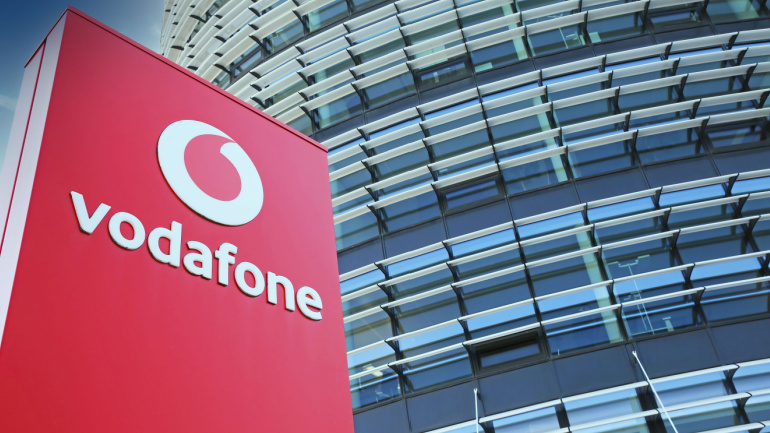Alternate network operators, the so-called ‘altnets’, are on the cusp of revolutionizing digital infrastructure with their subscriber-tailored fibre networks. Brand trust and consistency are crucial in this venture, eyeing lifelong monetization rather than mere reach. This extends beyond merely providing a network ‘highway’, enhancing user experiences. While speed and pricing have been traditional differentiators, custom in-home experiences are now taking the spotlight.
Forging a powerful alliance, Virgin Media O2 and Tesco affirm a ten-year extension of their two decade-long partnership, potentially marking a new era for Tesco Mobile, UK’s leading mobile virtual network operator. With over 5.5 million customers, and a recent 9.4% increase in sales generating £970 million in revenues, this joint venture shows no signs of slowing down.
In an effort to bridge the digital divide in south and east London, the ‘Sub-regional Digital Infrastructure Strategy’ has been proposed. Over 156,000 premises in these areas lack comprehensive digital coverage, creating what is known as a ‘not spot.’ The strategy seeks to rectify this through interactive tools, infrastructure rollouts, and increased commercial investment, in a bid to transform London’s digital landscape.
In a surprising turn of events, Vodafone has once again declined an enhanced merger proposal from Iliad for its Italian operations, despite the latter’s efforts to sweeten the deal. Iliad had revised its initial offer, made two years ago, in December, proposing a 50:50 joint venture that valued Vodafone Italia at €10.45 billion. This arrangement would have netted Vodafone €6.5 billion in cash and a €2 billion shareholder loan, with additional cash influx opportunities through a buyout option.
UK’s government and Vodafone settle on ‘proportionate measures’ to assuage national security concerns over UAE-based e&’s increasing ownership stakes. This agreement follows the government’s expressed apprehension about e&’s potential influence on Vodafone’s policies due to its status as the largest shareholder. In response, a ‘national security committee’ will be created within Vodafone to monitor initiatives that could affect national security.
As the new year unfolds, Vodafone has released a compelling report, underscoring the urgent need for regulatory reforms to bolster Europe’s telecommunications sector. The report, titled “Why Telecoms Matters,” paints a stark picture of the challenges Europe currently faces, emphasizing the pivotal role of mobile technology and digital transformation in overcoming these obstacles.
Prominent telecom operator, BT, steps into the fray of a groundbreaking class action lawsuit. At the core lies accusations of excessive pricing for traditional landline users, contrasted against fairer prices for bundle consumers. While BT robustly contests any allegations of abusing its market dominance, millions of claimants eagerly seek compensation.
VMO2 is set to bolster its workforce with 200 new roles, an exciting prospect for those seeking to embark on careers in the dynamic telecommunications industry. While this initiative presents a pathway to cultivating vital skills and qualifications, the telecom giant’s stride in employment growth seems to have slowed following last year’s ambitious pledge.
In a pioneering move, Scotland’s Fire and Rescue Service, SFRS, is enhancing their operational performance with an innovative VoIP (Voice over IP) solution developed by MLL. This not only amplifies communication efficiency, especially in different departments, but also boosts working conditions for essential staff.
Unearthing an alarming digital divide in the UK, researchers at Bionic discovered that 20% of adults lack basic online skills, and shockingly, half of the households do not have internet. In a critical look at digital inclusion in UK cities, Manchester stands out with an impressive 193 digital inclusion services, with Coventry and Bangor trailing behind. London, despite its size, did not break into the top 20 due to shortage of services relative to its population size.













